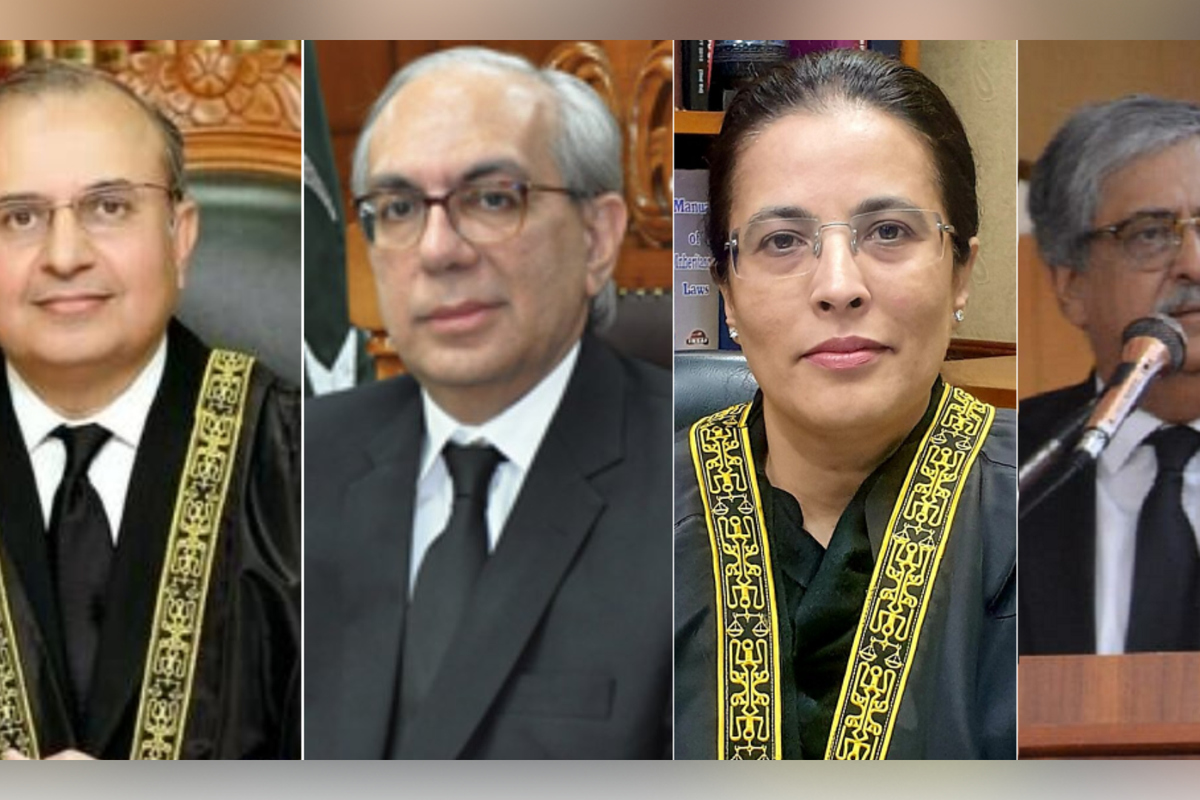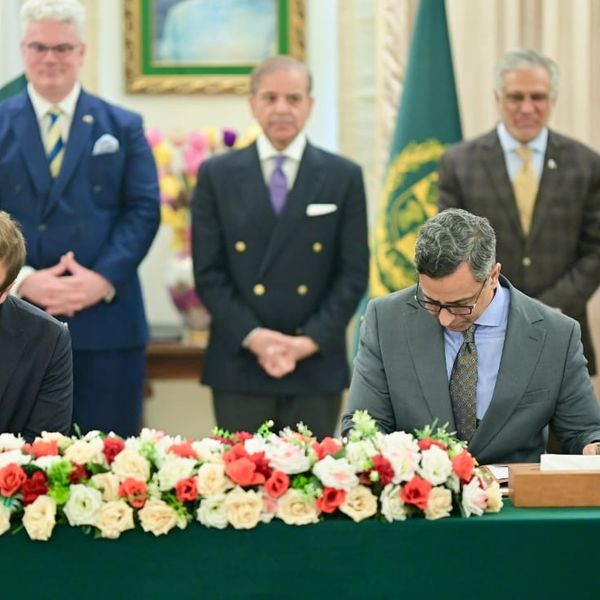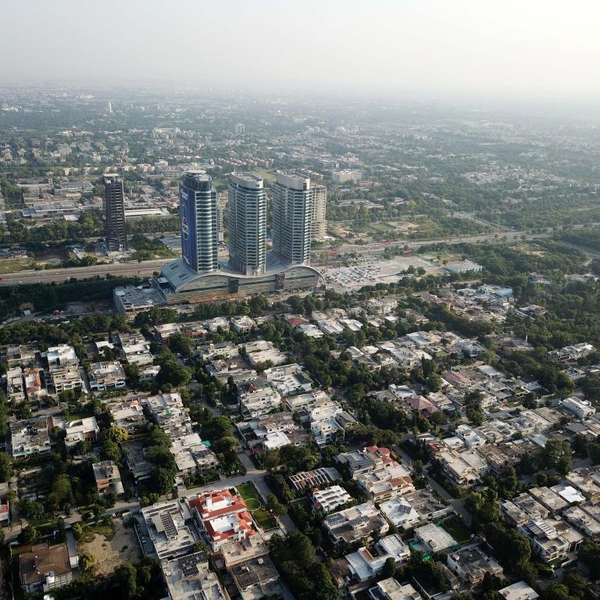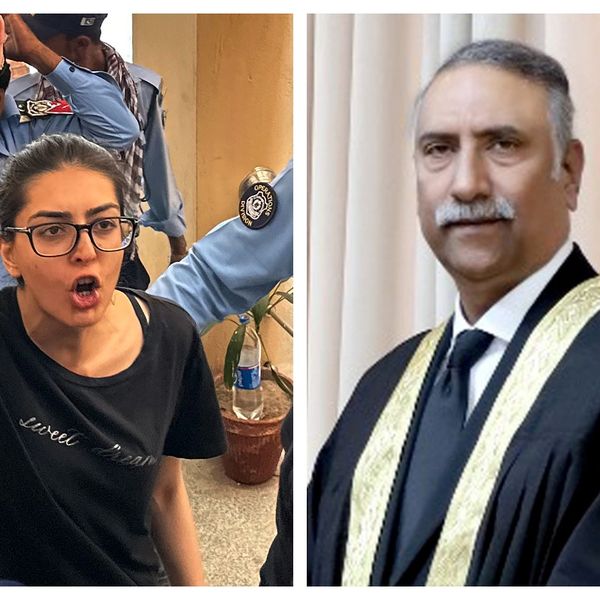Pakistan’s top court judges challenge chief justice over new procedural rules
Justices Mansoor Shah, Muneeb Akhtar, Ayesha Malik and Athar Minallah opposed Chief Justice Afridi’s approval of the rules by “circulation”, deeming it illegitimate
Ali Hamza
Correspondent
Ali; a journalist with 3 years of experience, working in Newspaper. Worked in Field, covered Big Legal Constitutional and Political Events in Pakistan since 2022. Graduate of DePaul University, Chicago.

Left to right: Supreme Court Justices Syed Mansoor Ali Shah, Munib Akhtar, Ayesha Malik and Athar Minallah.
Nukta
Four judges of Pakistan’s Supreme Court have publicly rejected the chief justice’s approval of recent amendments to the court’s procedural rules, describing the process as “unilateral" and lacking legitimacy.
The amendments, notified on August 9, were introduced to modernize the court’s functioning, provide procedural clarity and integrate technology into the justice system.
Key provisions include mandatory electronic filing of petitions and paper books, digital issuance of notices, orders, and certified copies, as well as provisions for video-link hearings. Affidavits may now be authenticated by apostille, while parties and lawyers are required to provide up-to-date phone numbers, email addresses, and digital app details. Judicial documents sent by post will no longer be accepted.
In a joint letter dated Sept. 8, Justices Syed Mansoor Ali Shah, Munib Akhtar, Ayesha Malik and Athar Minallah took exception to Chief Justice Yahya Afridi for approving the rules through “circulation” rather than through deliberation in a Full Court meeting, which they said was both procedurally and constitutionally flawed.
The judges noted that only three days after the rules were published in the official gazette, the chief justice sought suggestions for amendments and convened a Full Court meeting to discuss them. They argued this sequence showed that the Full Court is the rightful forum for such decisions, but was excluded until after the rules had already been validated.
The letter further contended that circulation may be suitable for minor issues, but cannot replace substantive debate on constitutional matters. Citing Article 191 of Pakistan’s Constitution, the judges stressed that while the Supreme Court has the authority to set its rules of practice and procedure, this power rests with the Full Court collectively, not with the Chief Justice alone.
Labeling the process a “fallacious” and “post-facto attempt at legitimacy,” the four judges announced they would not participate in the upcoming meeting unless the rules were formally presented to the Full Court for debate and approval.
They also called for the minutes of the Full Court to be made public, arguing that transparency is vital to maintaining confidence in the judiciary. “People are entitled to know how rules governing the internal life of the court came to be notified without discussion or deliberation,” the letter said, warning that secrecy undermines institutional trust.










Comments
See what people are discussing